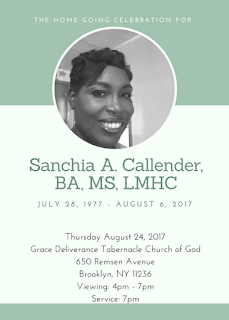13 Secrets Parents (and Everybody Else) Need to Know About Autism but Haven't Heard Yet
Cross posted at Say Anything: Reader blogs.
From Wrong Planet.net:
Read the whole thing.
From Wrong Planet.net:
1. Autism is not new. Any problem parents of autistic children have now others have dealt with them in the past. This means you can use what others have learned about autism to help you. You don't have to reinvent the wheel.
2. Autistic people contribute to their communities in many ways, no matter what constellation of obvious abilities and disabilities they demonstrate. Autistic people are valuable as they are. They don't have value only if they can be transformed into less obviously autistic people.
3. The very wiring of an autistic brain means that the autistic person is likely to have significant and unusual abilities. Those abilities won't always be make us employable, but autistics usually have excellent memories for facts accompanied by a drive to collect them. These abilities shouldn't be seen as disabilities or freakish "splinter skills" just because they are less common among non-autistic people.
4. The term autism spectrum does NOT describe a line upon which a series of "functioning levels" are laid out stepwise, with "low functioning" on one end and "high functioning" on the other. Just because a person seems to belong to one category at one point in their life doesn't mean that he or she will seem the same at another point in his or her life. The situation the person is in often dictates how "functional" the person is. Children, especially, can get moved from one autism spectrum diagnostic category to another during early childhood.
5. Listen to and respect autistic adults. They may be your best resource for information about autism, even if their apparent "functioning level" doesn't seem to match your child's. Keep in mind, they are adults, whereas your child is a child.
Read the whole thing.


Thanks! I'm taking a class on autism right now. . . But a class is a LOT different from living with it.
ReplyDeleteHey, I meant to ask the first time you mentioned your class, what's your class like?
ReplyDeleteI sent this to as many family members as I had email addresses for. Everybody needs a bit of encouragement from time to time.